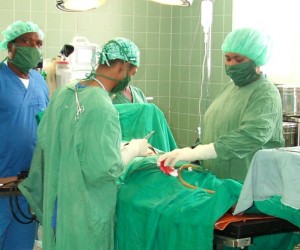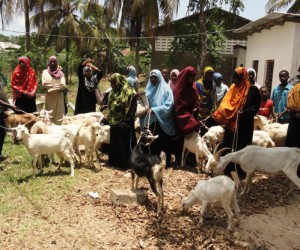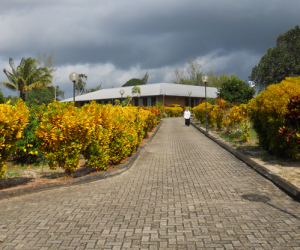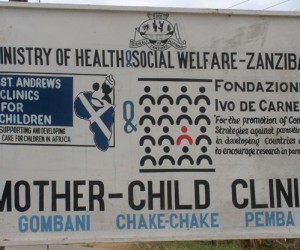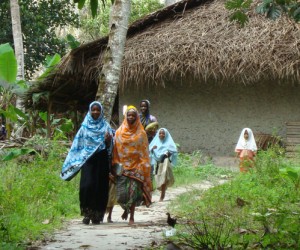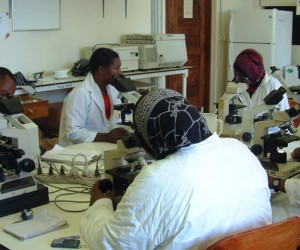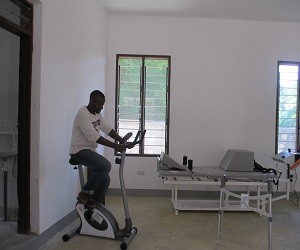PEMBA HOSPITAL LABORATORY PROJECT

To contribute to the improved health conditions of the local population through the access to quality diagnostic services and accurate analysis, which allows the identification of proper treatment.
Strengthening of the diagnostic services of Chake Chake Hospital through:
- reinforcement of the hospital laboratories (instruments, materials, training of personnel);
- increase of the number and types of exams available;
- reinforcement of the PHL-IdC as a second level laboratory and the creation of an efficient referral system between the Public Health Laboratory Ivo de Carneri and hospital laboratories on the Island.
The services offered by hospital laboratories are an integral part of the health system of a country. The effectiveness of diagnosis, prevention strategies, treatment and research for health promotion are based on the accuracy of the tests performed in the laboratory. Given their importance in improving the health conditions of the population, it was considered important to intervene at different levels to support the workshops. The project aims to increase the diagnostic services offered by the hospital of Chake Chake, the main island of Pemba, and then later extended to the other three on the island (Micheweni, Mkoani, Wete). At the same time it will strengthen the role of the Public Health Laboratory Ivo de Carneri (Public Health Laboratory Ivo de Carneri PHL-IdC), which will act as a support to hospital laboratories for testing of the second level.
In the main district of Pemba (Chake Chake) was built and has been active since 2000, the Public Health Laboratory Ivo de Carneri (Public Health Laboratory Ivo de Carneri PHL-IdC), inserted into the local health system, equipped for the monitoring of programs control of endemic diseases, operations research and training, recognized since 2005 Collaborating Centre of the World health Organization for schistosomiasis and intestinal parasitic infections and since 2010 the national reference laboratory for tuberculosis. This project was born from the need to strengthen the diagnosis of hospital laboratories, using, in support of the hospitals themselves, the PHL-IdC as a reference to the second level for the laboratory tests.


